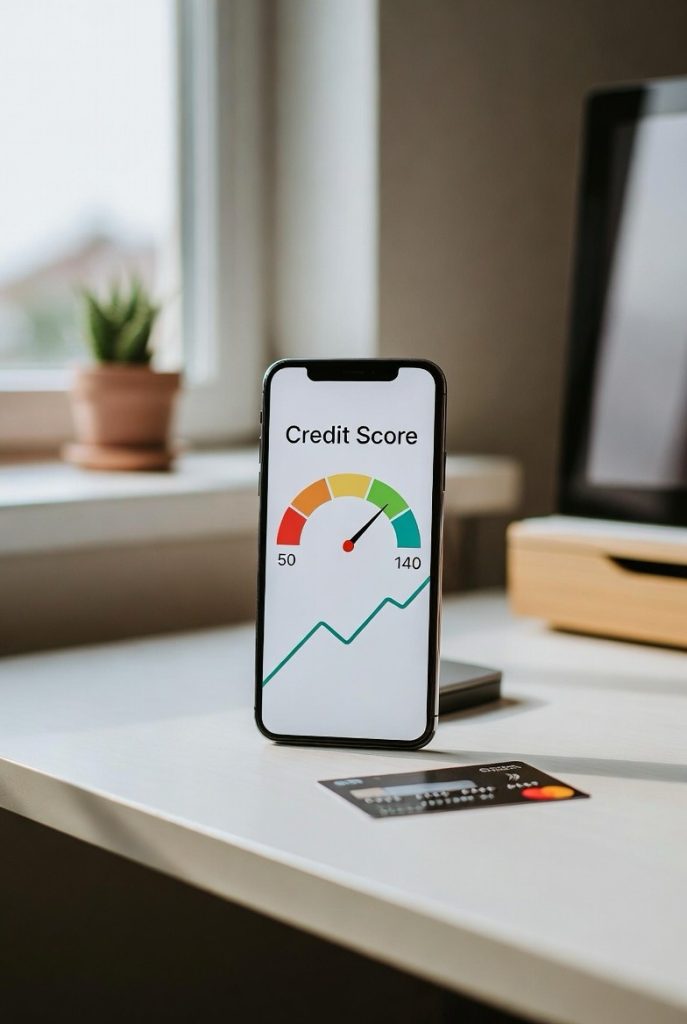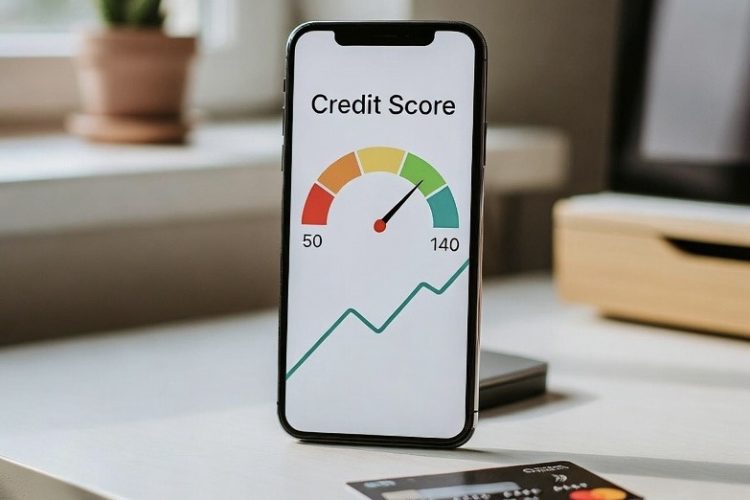Boost your credit score fast with these proven steps. Start by checking your credit report weekly at AnnualCreditReport.com and disputing errors online or by mail—fixes can raise your score quickly. Pay all bills on time using autopay; payment history is 35% of your FICO score. Keep credit utilization under 30% by paying down cards and asking for limit increases. Use Experian Boost to add rent, utility, and streaming payments to your file for an instant lift. Become an authorized user on a trusted card with good history. Get a secured card or credit builder loan to build positive activity. Avoid new hard inquiries and close no old accounts. Monitor your credit regularly. Consistent habits improve scores in 30–60 days.
Long Version
How to Boost Your Credit Score Quickly: Essential Tips and Strategies
In today’s financial landscape, your credit score serves as a critical gateway to better loans, lower interest rates, and enhanced financial health. Whether you’re aiming for score improvement through targeted credit repair or simply seeking to strengthen your credit history, understanding the fundamentals is key. Credit scores, such as the widely used FICO Score and VantageScore, are calculated by credit bureaus like Experian, Equifax, and TransUnion based on your credit report and credit file. These models evaluate score factors including payment history (typically 35-41% weight), amounts owed or debt (around 30%), length of credit history (15-20%), new credit or credit inquiries (10-11%), and credit mix (10%). By focusing on these elements, you can implement effective credit building strategies to elevate your score, often seeing noticeable changes within months. To further enhance your approach, integrate budgeting tools to track expenses and ensure sustainable habits that support long-term financial stability.
Start with a Thorough Review of Your Credit Report
The foundation of any credit repair effort begins with examining your credit report for inaccuracies that could be dragging down your score. Negative items, such as erroneous collections accounts or outdated information, can linger and harm your financial profile. Obtain free weekly reports from the major credit bureaus via AnnualCreditReport.com to scrutinize your credit history. Look for discrepancies in payments, bills, loans, or credit cards that don’t align with your records.
If you spot errors, dispute them promptly to initiate removal or correction. You can file disputes online through the bureaus’ portals, by mail with a detailed letter including supporting documents, or over the phone. Include your contact details, the disputed account number, an explanation of the inaccuracy, and copies of evidence like payment receipts. Credit bureaus must investigate within 30 days, and if the dispute is valid, they’ll update your credit file accordingly. This process alone can lead to rapid score improvement, as resolving inaccuracies removes undue penalties from your report. For added vigilance, consider setting up alerts for any changes to your report to catch issues early.
Emphasize Payment History Through On-Time Payments
Payment history reigns supreme among score factors, accounting for the largest portion of both FICO Score and VantageScore calculations. Consistently making on-time payments for all debts—including credit cards, loans, and bills—demonstrates reliability to lenders. Late payments over 30 days can stay on your credit report for up to seven years, but their impact fades with time as you build positive habits.
To ensure success, set up autopay for at least minimum payments, or use calendar alerts for manual submissions. If you’ve missed payments, contact lenders to negotiate goodwill adjustments or payment plans to mitigate damage—sometimes they may remove the late notation as a courtesy if you have a good overall track record. Over time, a string of on-time payments can significantly boost your score, with improvements often visible in as little as 30-45 days as creditors report updates. Additionally, prioritize high-impact debts like credit cards to maximize the positive effect on your score.
Optimize Credit Utilization and Debt-to-Credit Ratio
Next in importance is managing amounts owed, particularly your credit utilization ratio—the percentage of available credit you’re using on revolving accounts like credit cards. Aim to keep this debt-to-credit ratio below 30%, as high utilization signals risk to credit bureaus and can suppress your score—ideally, strive for under 10% for optimal results.
Strategies include paying down balances aggressively, making multiple payments per month to lower reported amounts, or requesting a credit limit increase from issuers if you have a solid payment track record. Avoid closing old accounts, as this reduces available credit and could spike your ratio, while also shortening your credit history. These adjustments can yield quick results, with score changes appearing in the next reporting cycle, typically monthly. To enhance this, track your utilization monthly and adjust spending habits accordingly, perhaps by using cash or debit for everyday purchases to prevent unnecessary debt accumulation.
Utilize Secured Credit Cards and Credit Builder Loans for Credit Building
For those with limited or damaged credit history, secured credit cards offer a straightforward path to credit building. These cards require a security deposit that becomes your credit limit, minimizing lender risk while allowing you to demonstrate responsible use. Make small purchases and pay in full each month to build positive payment history, and ensure the issuer reports to all three credit bureaus for maximum impact. Over time, responsible use may lead to an upgrade to an unsecured card and refund of your deposit.
Similarly, credit builder loans provide another avenue by reporting installment payments to bureaus without immediate access to funds. You make fixed monthly payments into a locked savings account, and upon completion (often 6-24 months), you receive the principal minus fees. Pros include improved credit mix and forced savings, but cons involve upfront fees, potential interest costs, and the risk of score drops from missed payments. Choose lenders with low fees and bureau reporting to all agencies for optimal score improvement. To enhance effectiveness, combine these with a budget that allocates funds specifically for these payments, ensuring you never miss a due date.
Incorporate Alternative Data via Experian Boost and Bill Reporting
Traditional credit scores often overlook everyday expenses, but services like Experian Boost change that by adding qualifying on-time payments for rent payments, utility bills, streaming subscriptions, phone, internet, and insurance to your Experian credit file. This free tool scans linked bank accounts for eligible history up to two years back, incorporating only positive data to potentially raise your FICO Score or VantageScore instantly—often by 10-20 points or more for qualifying users. It’s particularly beneficial for thin credit files, enhancing payment history without new debt.
Other bill reporting options through third-party services can similarly include these payments across bureaus, broadening your credit profile. Explore similar programs from other bureaus if available, and verify eligibility to maximize benefits without any cost.
Become an Authorized User on a Trusted Account
A quick boost can come from becoming an authorized user on a family member’s or friend’s well-managed credit card. Their positive payment history and low utilization transfer to your credit report, provided the issuer reports authorized users—which most do. This can add depth to your credit history almost immediately, with effects showing in 1-2 months. Ensure the primary account holder maintains excellent habits to avoid any negative spillover, and discuss responsibilities upfront to prevent misunderstandings.
Address Negative Items and Collections Accounts
Tackle collections accounts and other negative items head-on by negotiating settlements or pay-for-delete agreements with collectors, though success isn’t guaranteed. Paid collections may still appear but often have less impact over time. For severe issues, consider professional credit repair services, but verify their legitimacy to avoid scams. Start by validating the debt to ensure it’s accurate and within the statute of limitations before paying.
Minimize Hard Inquiries and New Credit Applications
Hard inquiries from new credit applications can ding your score by a few points each and signal instability if excessive. Limit applications, using soft prequalifications instead, and cluster rate shopping for loans within 14-45 days to count as one inquiry. Inquiries fade from scoring after one year and drop off reports after two. To enhance this, plan major purchases in advance to space out applications and maintain a stable profile.
Enhance Your Credit Mix Strategically
A diverse credit mix—combining revolving credit like cards with installment loans—positively influences scores, though it’s a smaller factor. Add variety only if needed, such as a small personal loan, to avoid unnecessary debt. Focus on quality over quantity to prevent overextension.
Consider Rapid Rescoring for Urgent Needs
For time-sensitive situations like mortgage applications, rapid rescoring accelerates credit report updates. Lenders submit proof of recent positive changes (e.g., paid debts) to bureaus, refreshing scores in 2-5 business days. This isn’t DIY; it’s lender-initiated and may involve fees, but it can qualify you for better terms quickly. Use it sparingly for high-stakes scenarios.
Maintain Vigilance with Credit Monitoring
Ongoing credit monitoring tracks changes in your credit file, alerting you to potential fraud or errors. Services often include dark web monitoring to detect identity theft early, preserving your financial health. Free options from bureaus or paid plans provide real-time insights. Make this a habit by reviewing reports quarterly to stay proactive.
Broader Personal Finance Practices for Sustained Improvement
Ultimately, boosting your credit score ties into sound personal finance. Create a budget to manage debt, prioritize high-interest loans, and build an emergency fund to avoid reliance on credit—these steps prevent future dips and support consistent growth. Incorporate tools like apps for expense tracking to make budgeting effortless. These habits foster long-term score improvement and overall financial stability.
While quick wins are possible, true credit building requires consistency. By integrating these strategies, you’ll create a robust credit profile that opens doors to better opportunities. Always consult personalized advice from financial professionals for your unique situation.









